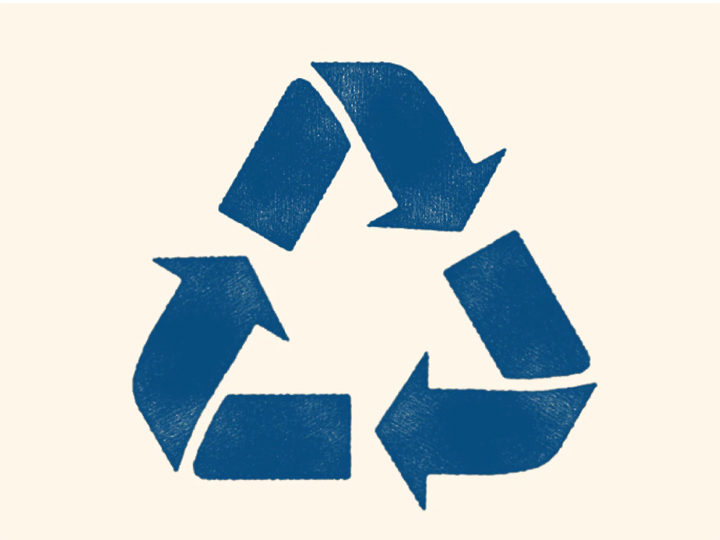
Hellmann’s Canada reducing its carbon footprint
By Food in Canada
Packaging Food Safety Sustainability Dairy
Hellmann’s Canada has announced that all of its mayonnaise jars and bottles will be made with 100 per cent recycled plastic by March 2020 – a transformation projected to save one million kilograms of virgin plastic this year.
The bottles and jars will be made from post-consumer recycled plastic (PCR) that is recovered plastic that is cleaned and reprocessed before getting a second life.
Using PCR plastic has a lower carbon footprint and is less reliant on non-renewable natural resources, helping contribute to a sustainable circular economy for plastics.
“Canadians want to do what’s right, seeking out products and brands that prioritize the planet,” Gary Wade, president of Unilever Canada which sells Hellmann’s, said in a press release. “By transitioning our bottles and jars to ones made with 100 per cent recycled plastic, Hellmann’s is helping make sustainable choices more accessible, while continuing to deliver the great taste Canadians know and love.”
Hellmann’s efforts will contribute to Unilever’s commitment to ensure all its plastic packaging is fully reusable, recyclable or compostable by 2025.
With an overall goal of moving towards a more circular economy, Unilever is working across multiple fronts to reduce the amount of plastic it uses and invest in plastics that are made from recycled materials.
By converting to PCR plastic jars and bottles, Hellmann’s packaging will have a slightly darker tint compared to previous packaging. This results from mixing and melting recycled plastics, all of which are 100 per cent food-safe.
The new Hellmann’s packaging will also feature the How2Recycle® label to provide clear instructions on how to recycle correctly.
Hellmann’s says the bottles and jars won’t affect the taste of the products and the company will continue to deliver great taste and quality ingredients to Canadians, including sustainably sourced Canadian canola oil and free-run eggs.
Print this page